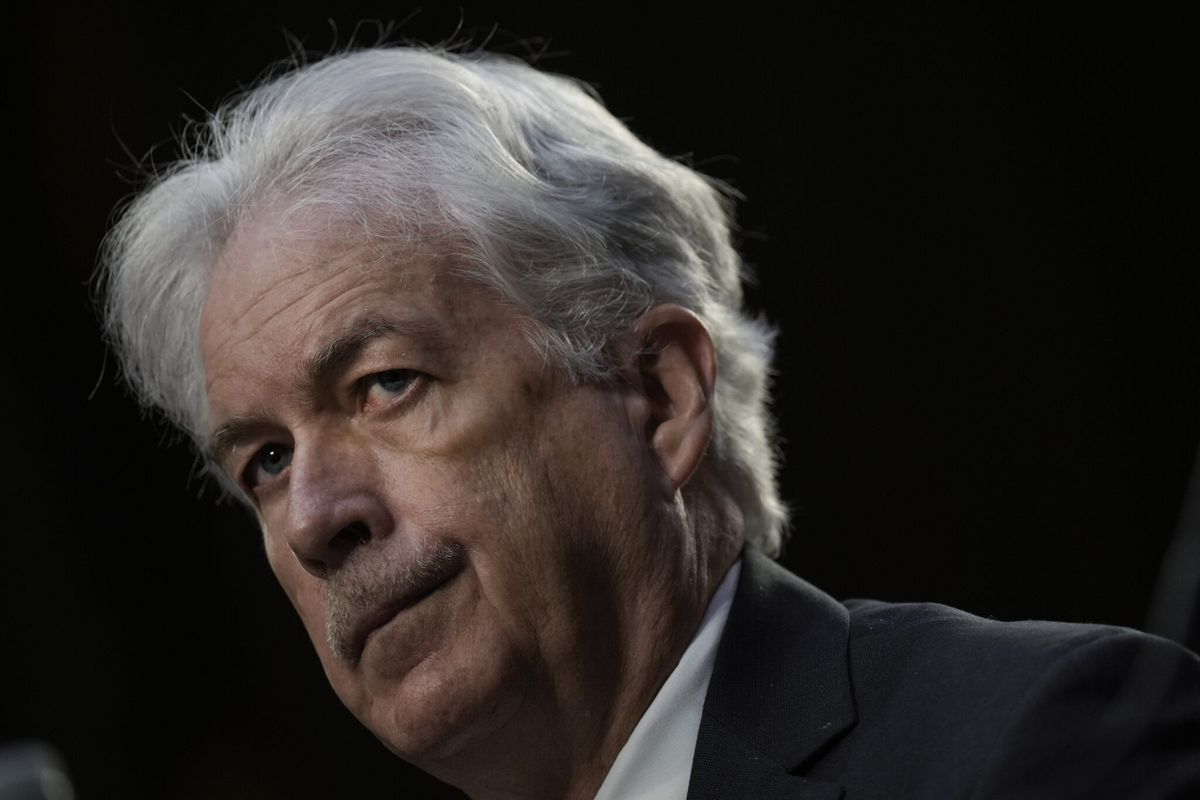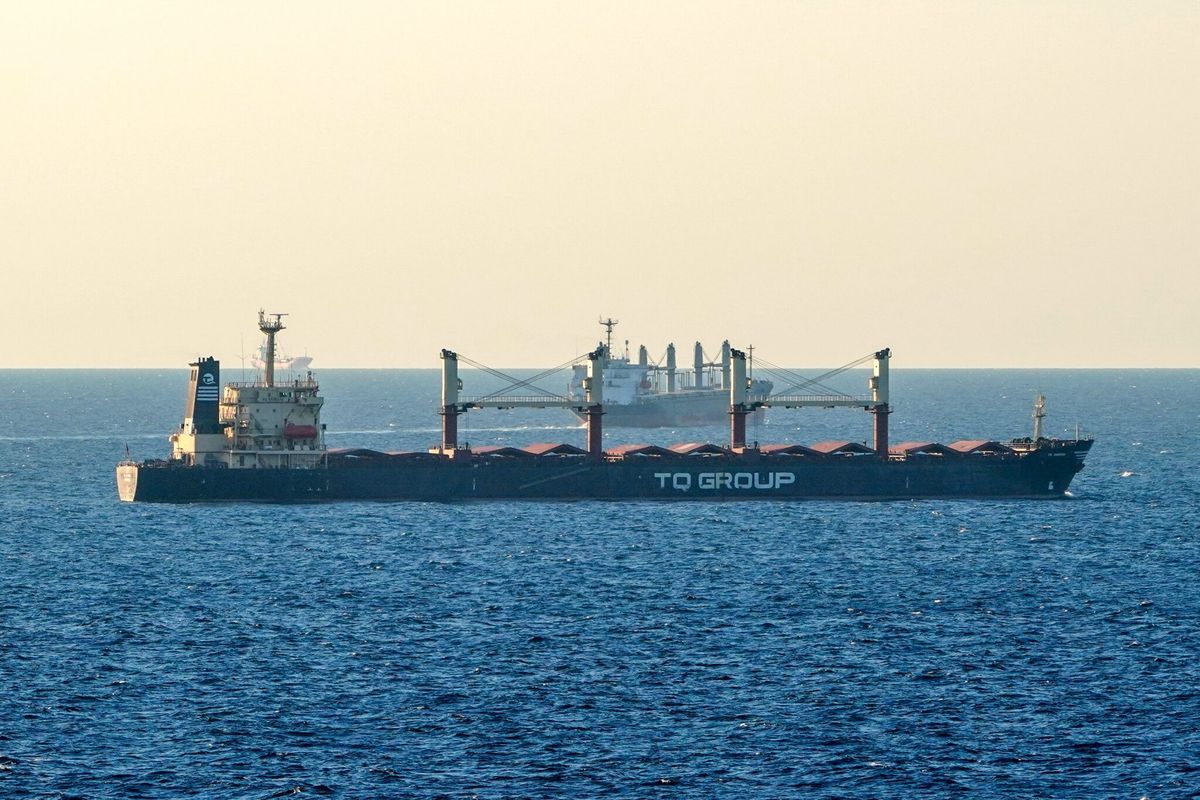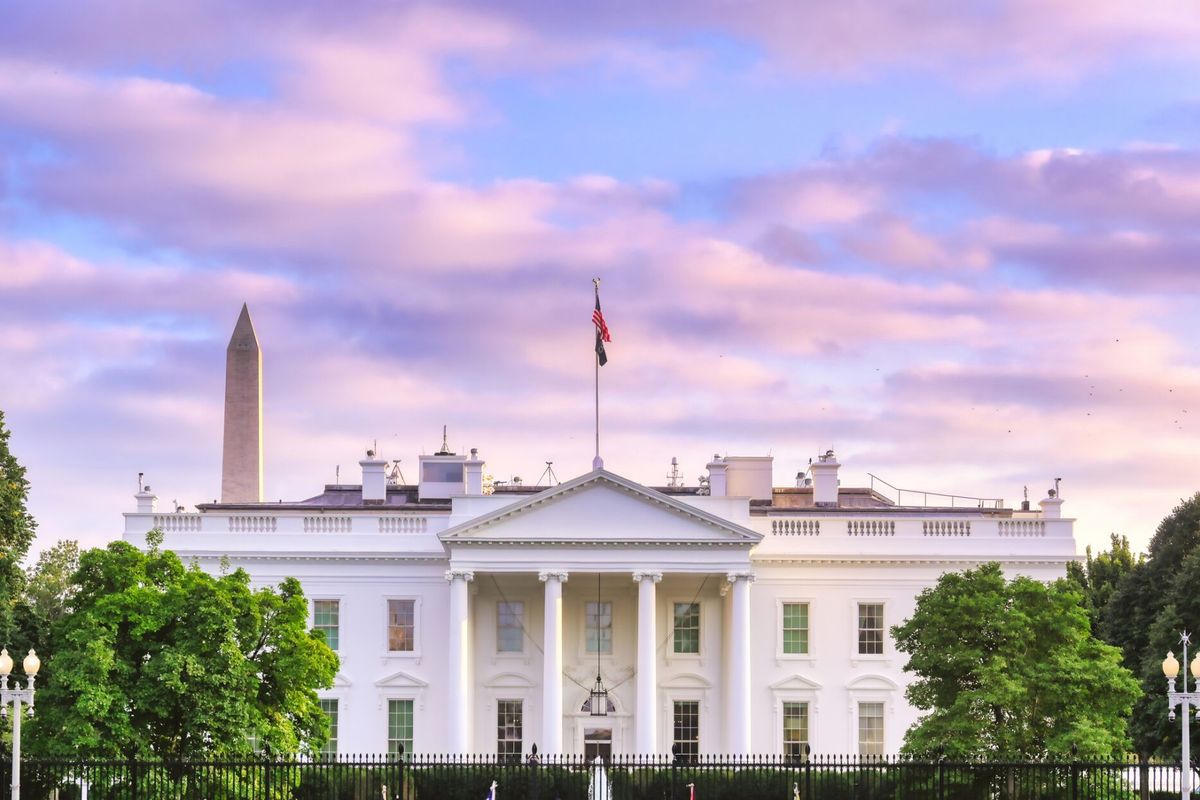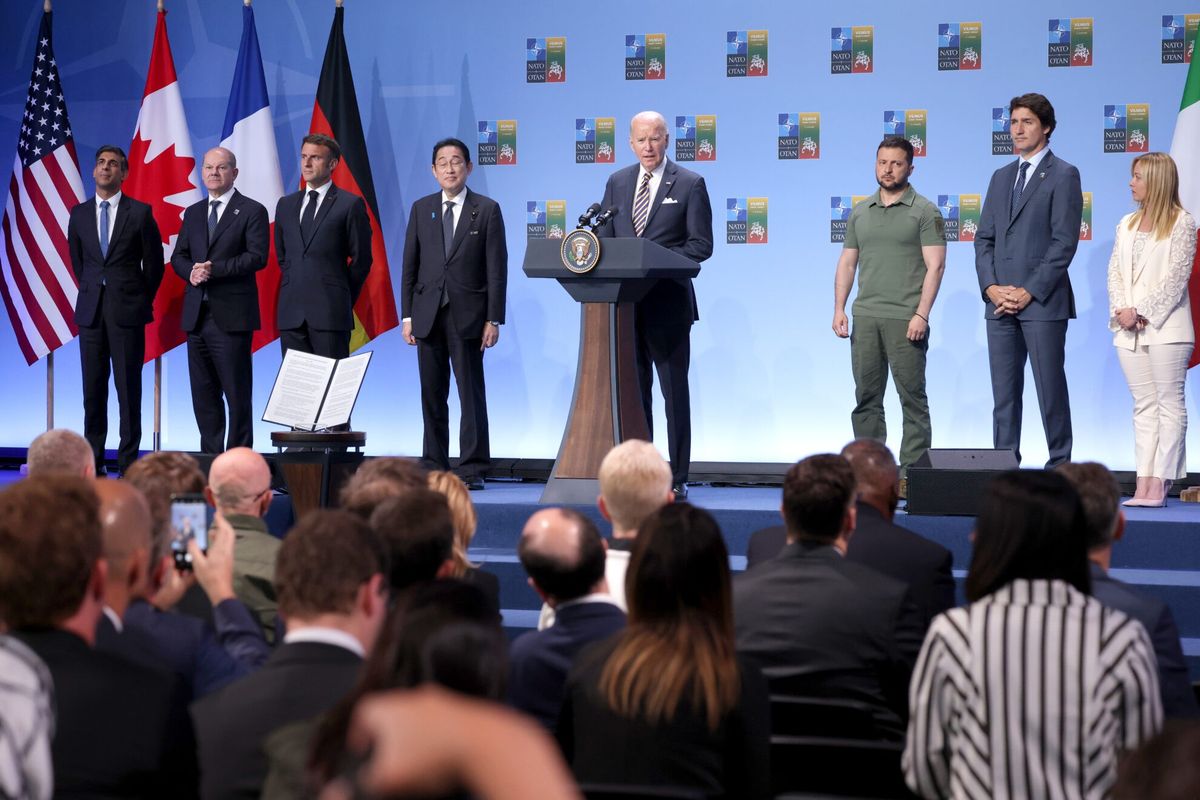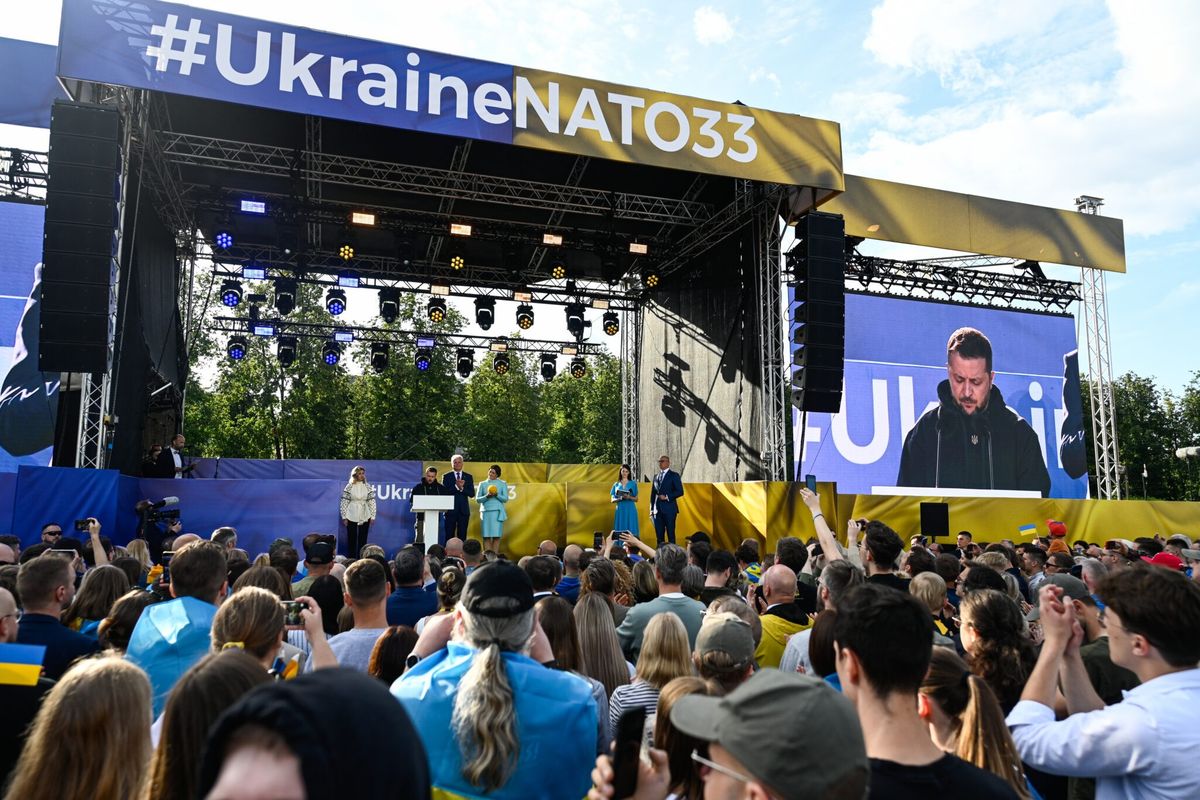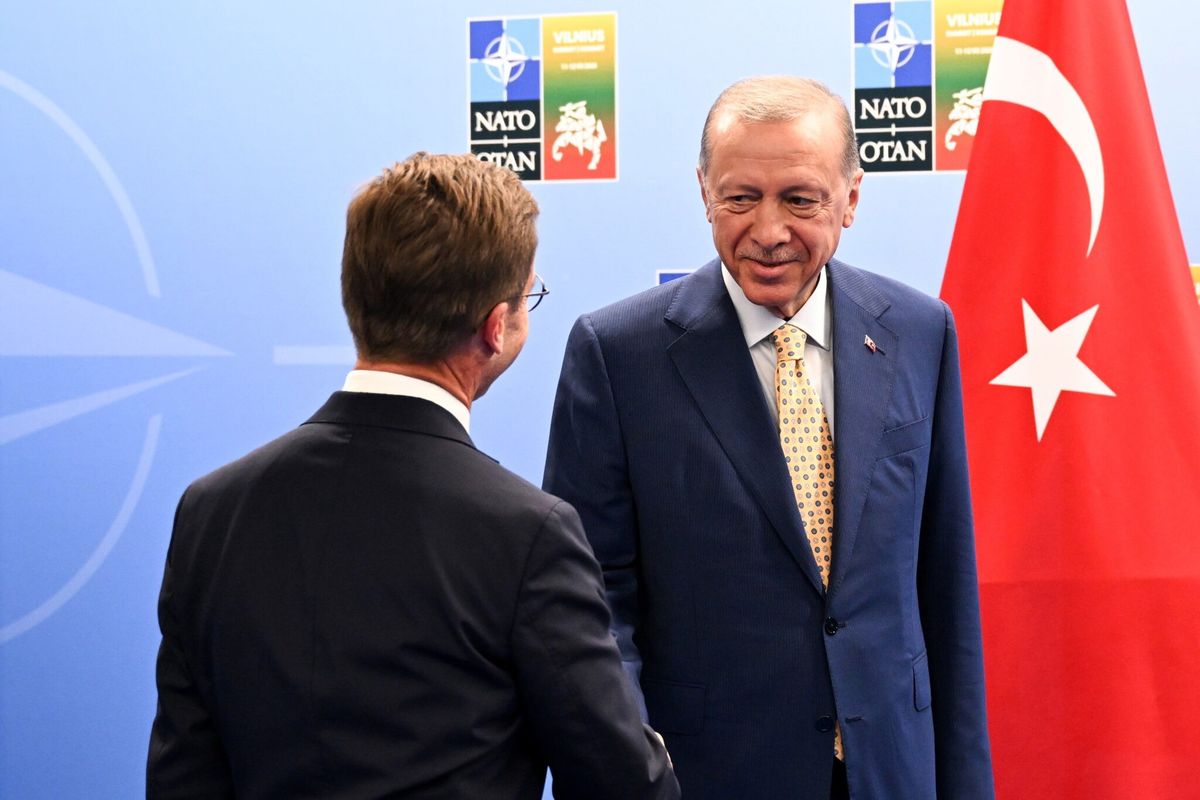A Few Things to Look Out For
OPINION — The Wagner mutiny in Russia was short-lived, but it was nevertheless a watershed event in post-Soviet history with long-term implications for Russia’s future. Wagner leader Yevgeny Prigozhin’s claim that his march on Moscow was not aimed at Russian President Vladimir Putin was disingenuous. He said he only did it to confront the Defense Minister and Chief of the General Staff, but in today’s Russia only Putin has that prerogative. Simply put, Prigozhin challenged Putin in his own house through force of arms while the world watched. For a brief and shocking moment, people, including people in Russia, wondered if this might be the end for Putin. It wasn’t, but the mere fact that it was wondered at all, combined with the equally shocking end of the revolt in which Prigozhin was allowed to walk away, suddenly makes Putin seem less inevitable. Given this, what indicators should we be looking out for now that his control is indeed eroding?
Among the first would be any reduction in the reverential tone used by major Russian state-sponsored TV personalities, such as Vladimir Solovyov, Margarita Simonyan, and Olga Skabeyeva, when referring to the Russian President. These propagandists are profound cynics whose finely-tuned political antennae will make them among the first to detect and reflect any serious disturbances in Kremlin power dynamics. They treat Putin as a virtual demigod only because of their belief in his immutability. If they begin to detect signals that his dominance is waning, this will find expression in their rhetoric. Watch out for any emerging acceptance of the currently heretical notion of Presidential fallibility, for example comments that it may not be external factors, like the US, NATO, and the “Collective West” alone that are to blame for Russia’s battlefield and economic woes, but Putin’s system or even Putin himself.
It’s not just for the President anymore. Cipher Brief Subscriber+Members have access to their own Open Source Daily Brief, keeping you up to date on global events impacting national security. It pays to be a Subscriber+Member.
Another sign would be a trend toward more open and defiant questioning of Putin’s decisions, including the war effort, by hitherto tamed and Kremlin-friendly oligarchs, such as Roman Abramovich, Oleg Deripaska, Vladimir Potanin, and Alisher Usmanov. More telling still would be even subtle indications of distancing from Putin or the conduct of the war by hardline state-power oligarchs, aka “silovarchs,” and his St. Petersburg cronies, like Igor Sechin, Arkadiy Rotenberg, Vladimir Yakunin, Yuriy Kovalchuk, and Gennadiy Timchenko.
Kremlin fissures would also likely show in mounting restlessness in Russia’s regions, such as Primorye in the Far East. Watch for the emergence of protests with expressly political themes, such as the war and elections rather than quasi-tolerated grievances like local corruption. Similarly, observers should look for signs that perceived weakness in Putin’s authority and doubts about his continued patronage are rekindling rumblings about independence in Chechnya. The extraordinary level of financial support and political autonomy granted to Chechen leader Ramzan Kadyrov is entirely dependent on Putin personally, and intensely resented by the Russian military and security services. Kadyrov knows his favored status would not survive Putin and would likely react to doubts about Putin’s viability by testing the waters on independence.
The emergence of a power vacuum in the Kremlin could also lead to visible jockeying between potential successors, such as First Deputy Chief of Presidential Staff Sergey Kiriyenko; Minister of Agriculture Dmitriy Patrushev, who is the son of Russian Security Council Chief and former FSB Director Nikolay Patrushev; Moscow Mayor Sergey Sobyanin; and Defense Minister Sergey Shoigu. Former President Dmitriy Medvedev has essentially degenerated into a political gadfly and would be a non-factor, as may be Shoigu as well, given the ruinous trajectory of the war effort he leads. Look out for any increase in the visibility and political profiles of plausible successors, or conversely the airing of unflattering or compromising allegations against them.
Perceptions of a weakened Putin may see a resurgence in democratically-oriented protests in Moscow or St. Petersburg as people become less fearful of the Tsar. Sadly, this is one of the least likely scenarios given the incarceration, exile, and intimidation of the pro-democracy movement’s most able figures, especially its unofficial leader, Aleksey Navalny. An increase in the number of high profile defectors, particularly senior officials like ambassadors, government ministers, or prominent personalities, might also serve as storm petrels auguring trouble ahead for the regime.
Subscriber+Members have a higher level of access to Cipher Brief Expert Perspectives and get exclusive access to The Dead Drop, the best national security gossip publication, if we do say so ourselves. Find out what you’re missing. Upgrade your access to Subscriber+ now.
The ultimate and most consequential indicator of regime erosion would of course be large-scale desertions by soldiers on the Ukrainian front who, as in 1917, begin to sense the weakness, indecision, and incompetence of their leadership and decide to “vote with their feet,” and live rather than throw away their lives for a cause they believe no-longer deserves their sacrifice or that their leaders are not fit to execute.
Prigozhin’s mutiny and Putin’s hesitant response mark the beginning of the end of the Putin era. Indicators such as those outlined above can help track the pace of the unravelling and hint at what may follow. If signs of instability in the Putin regime begin to mount, the challenge will be how the U.S. and the West should react from a policy standpoint, a topic that merits separate consideration.
The Cipher Brief is committed to publishing a range of perspectives on national security issues submitted by deeply experienced national security professionals.
Opinions expressed are those of the author and do not represent the views or opinions of The Cipher Brief.
Have a perspective to share based on your experience in the national security field? Send it to Editor@thecipherbrief.com for publication consideration.
Read more national security focused insights, perspective and analysis in The Cipher Brief








